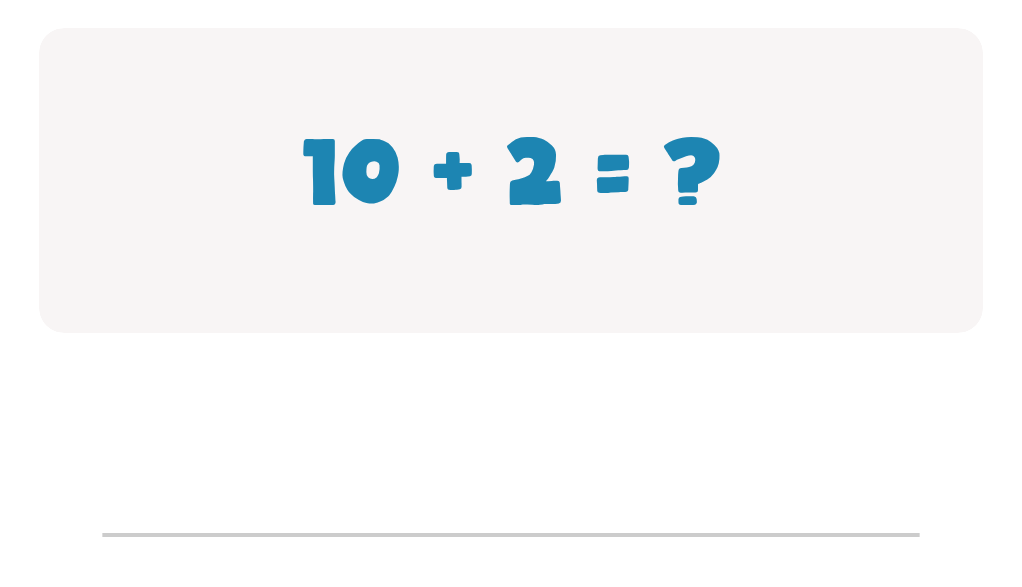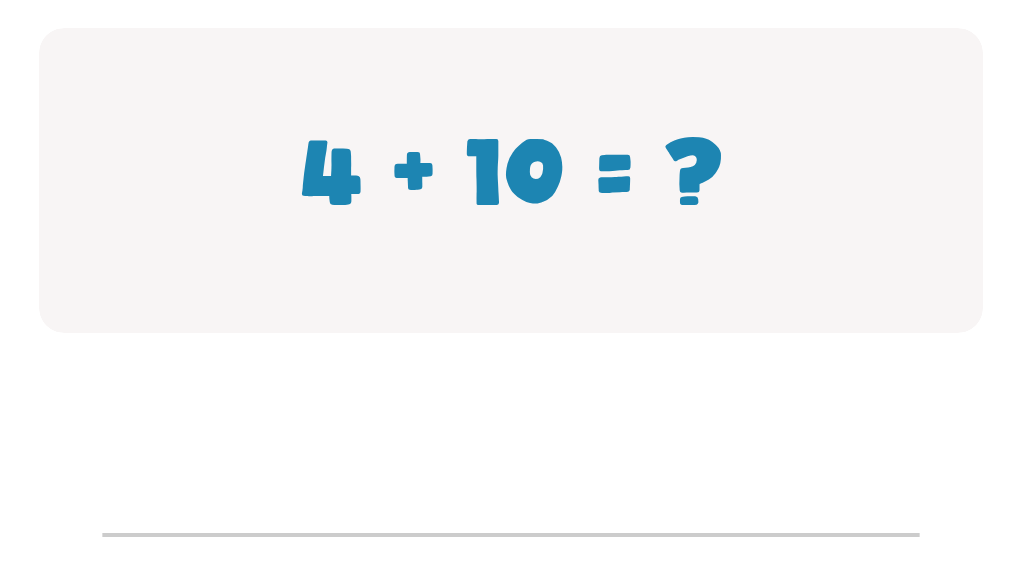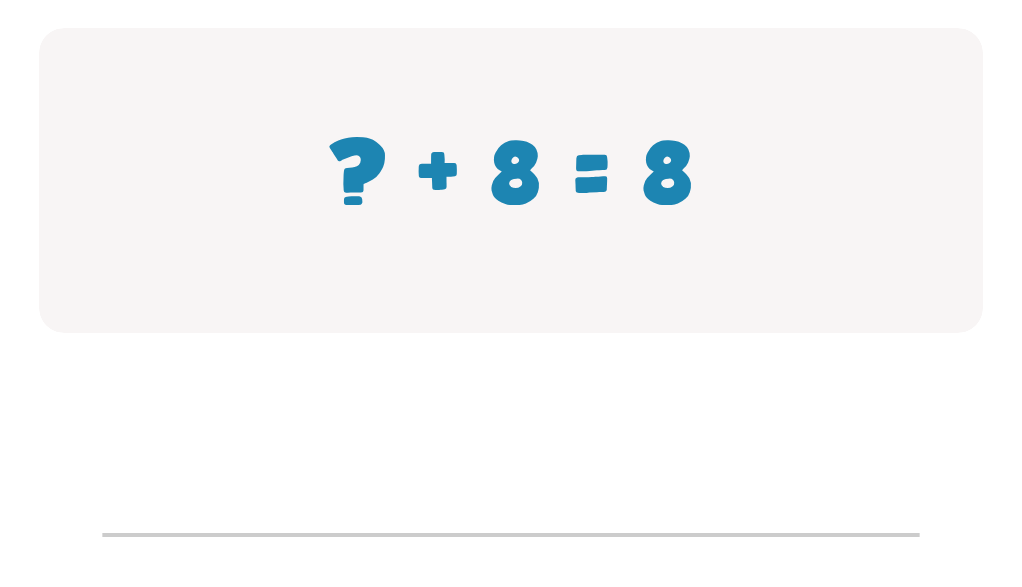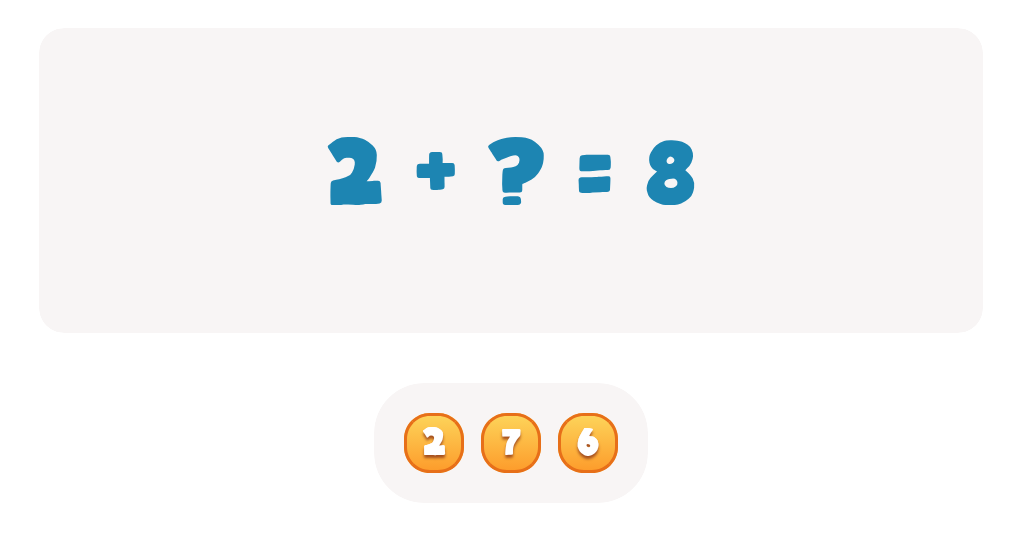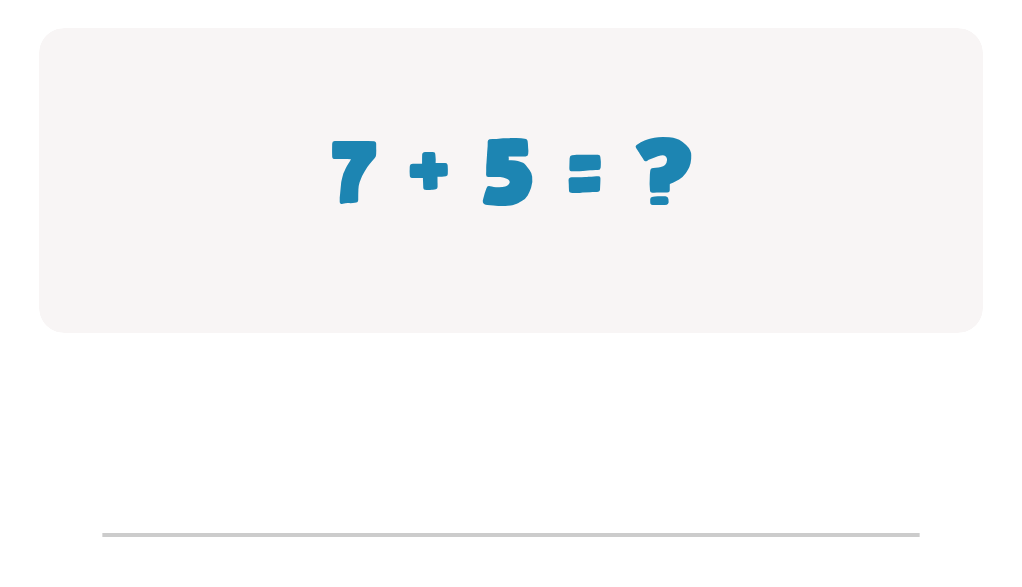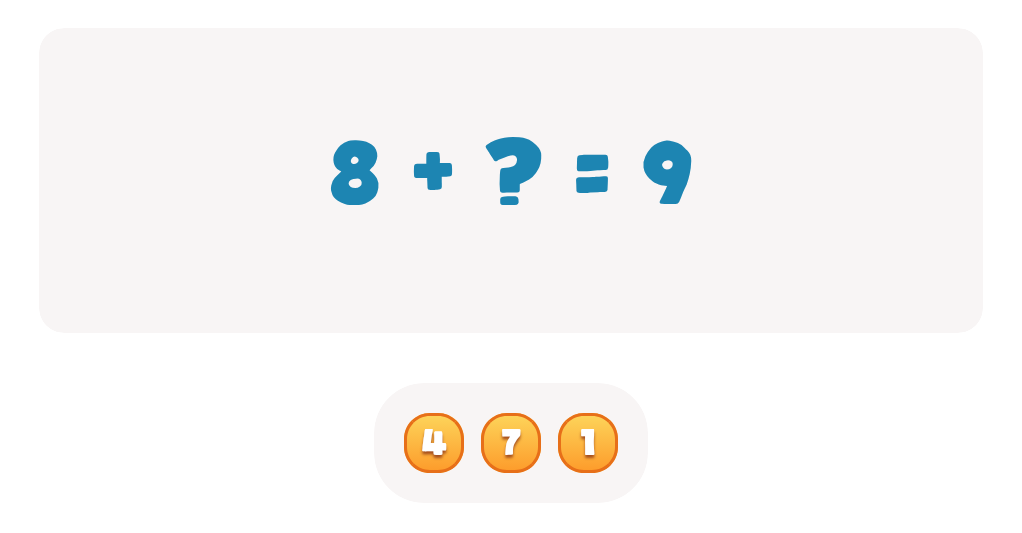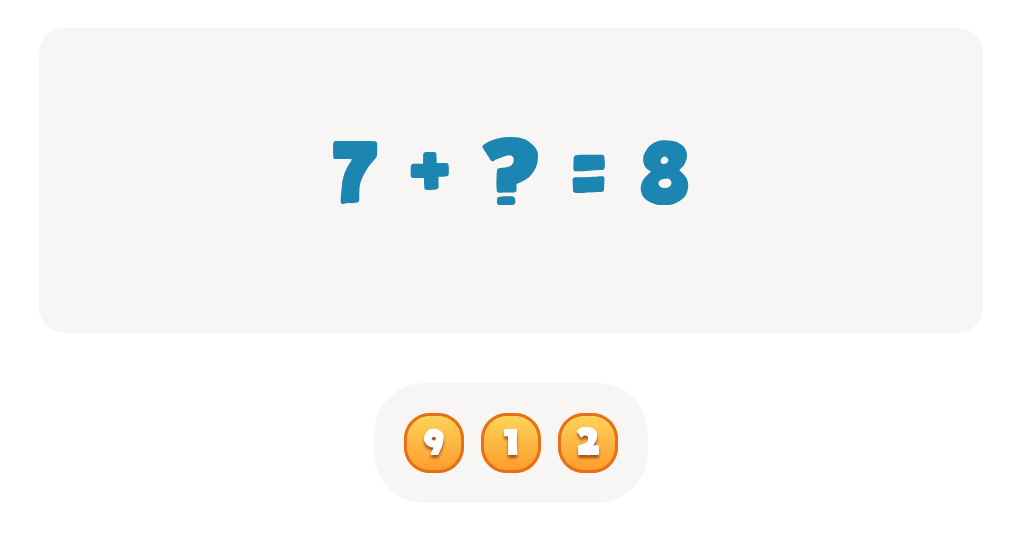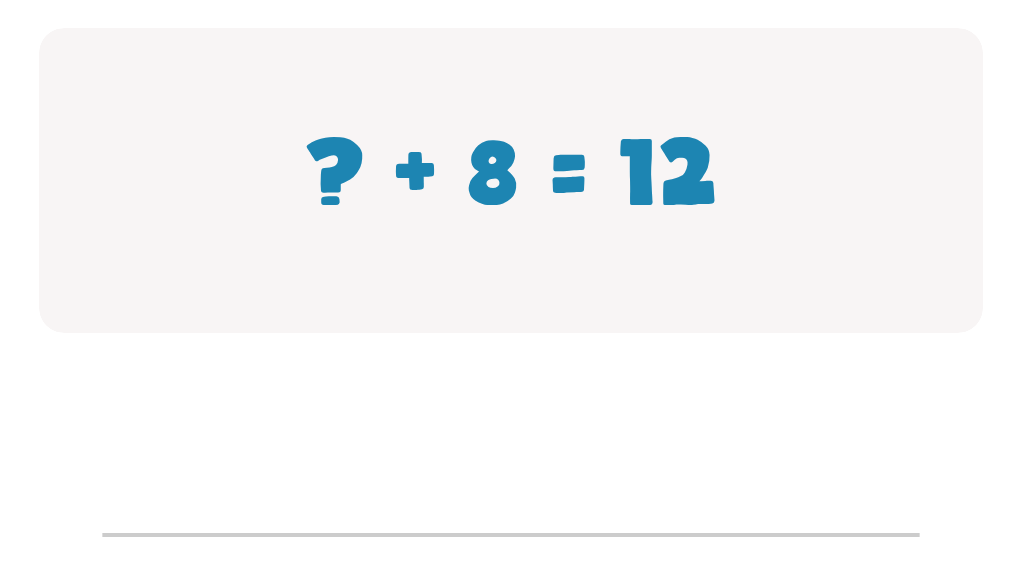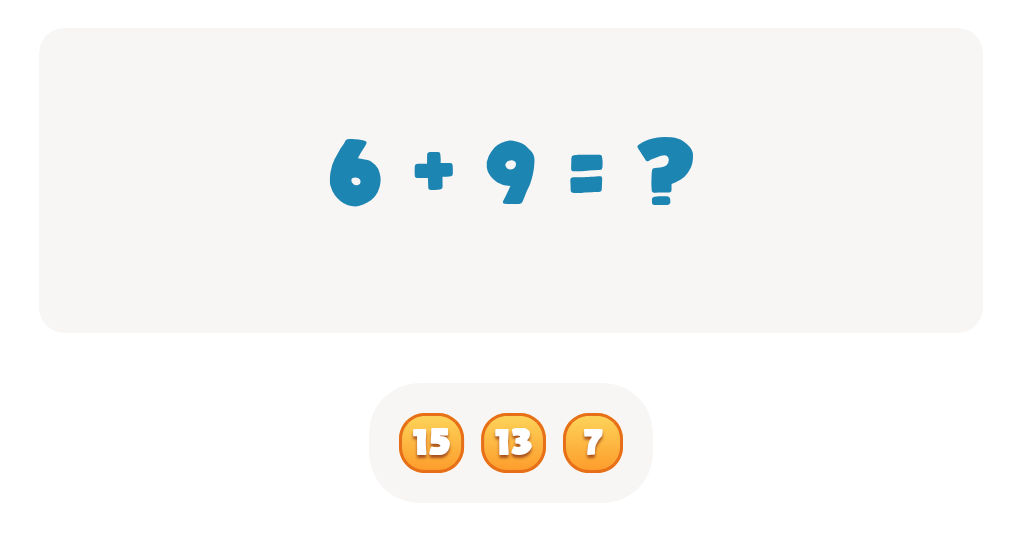Problem-Solving Skills Normal Addition Facts Worksheets for Ages 5-7
5 filtered results
-
From - To
Unlock your child's potential with our engaging Problem-Solving Skills Normal Addition Facts Worksheets designed specifically for ages 5-7. These worksheets focus on building essential math skills while nurturing critical thinking and problem-solving abilities. Your little learners will adore the interactive exercises that make mastering addition facts fun and effective. Each worksheet offers a range of activities to inspire creativity and strengthen foundational math concepts, setting the stage for future academic success. Perfect for home or classroom use, our adaptable resources encourage independent thinking and active learning. Empower your child today and watch their confidence in math soar!


Tricky Problems Worksheet: Part 1


7 Continents and 7 Seas Worksheet


Tricky Problems Worksheet: Part 2
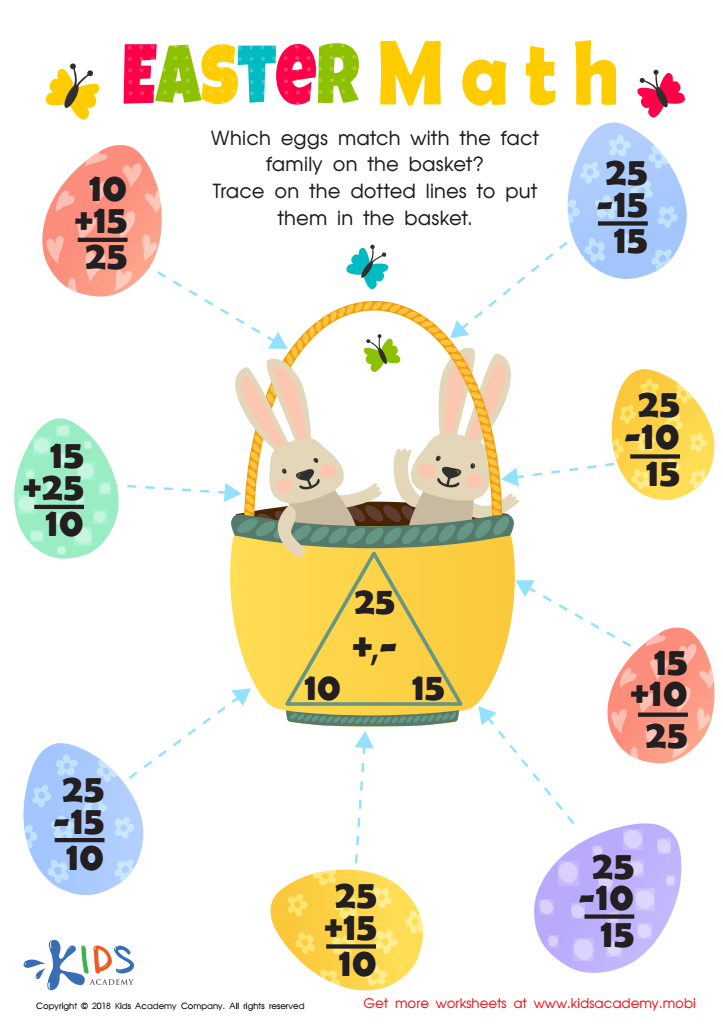

Fact Families: Easter Math Worksheet
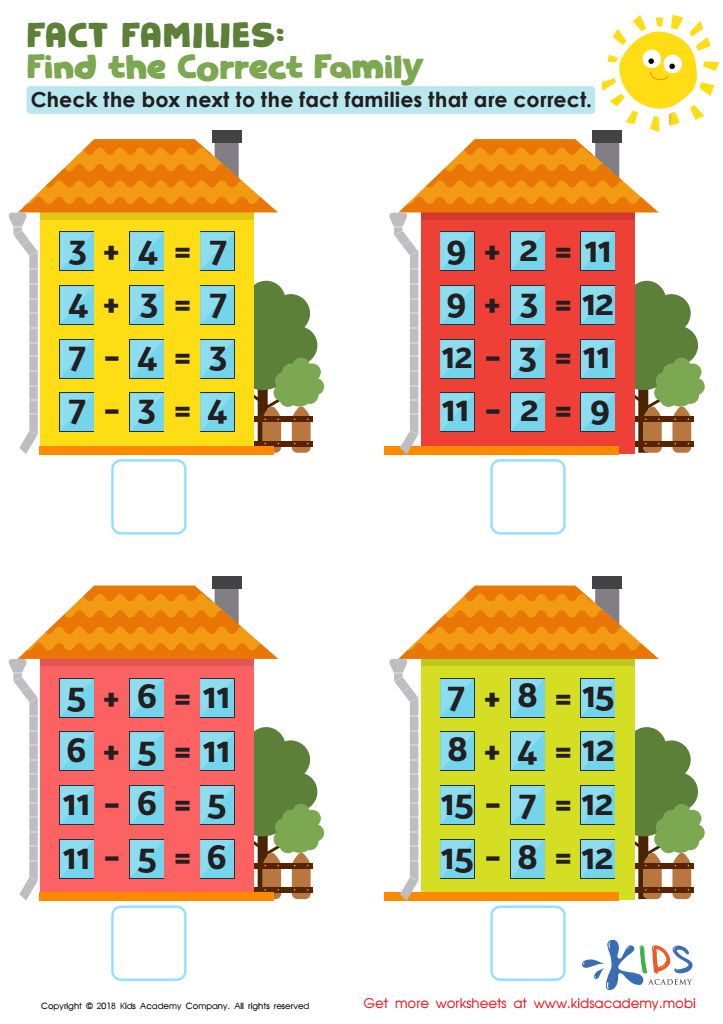

Fact Families: Find Correct Family Worksheet
Parents and teachers should prioritize problem-solving skills in early education, especially concerning normal addition facts for children aged 5-7, because these foundational abilities are crucial for overall cognitive development. At this tender age, children are developing their mathematical understanding and learning essential concepts such as number relationships and basic operations.
Proficient problem-solving skills allow children to approach mathematical challenges with confidence, fostering a growth mindset that encourages perseverance in the face of difficulties. This age group is particularly receptive to learning through play and interactive experiences, making it an ideal time to instill these vital skills through games, manipulatives, and engaging activities.
Additionally, early mastery of addition facts lays the groundwork for more complex mathematical concepts and operations in the future. Enhanced problem-solving skills not only aid in math but also improve critical thinking, analytical reasoning, and the ability to navigate various challenges in life.
By focusing on these skills, parents and teachers equip children with the tools necessary for academic success and lifelong learning. Such a focus ultimately leads to a more enriched educational experience, empowering children to become self-confident learners who can tackle problems in various contexts.
 Assign to My Students
Assign to My Students
